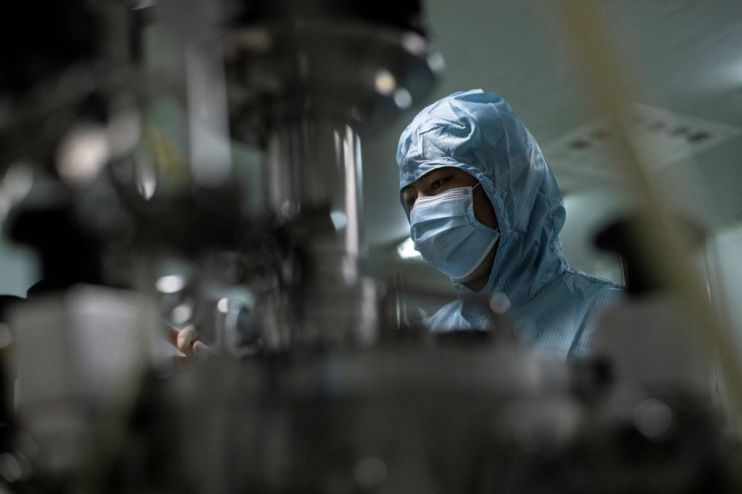Coronavirus: Imperial College vaccine set to begin human trials

Clinical researchers will this week begin human trials of Imperial College London’s coronavirus vaccine, the first time the treatment has been tested on a human subject.
The trial will test whether the vaccine can produce an effective immune response against the new disease.
The government has already put £41m towards the treatment, while an additional £5m has been donated through the public’s philanthropy.
If the vaccine shows a promising immune response, then larger Phase III trials would be planned to begin later in the year with around 6000 healthy volunteers to test its effectiveness.
The vaccine has undergone rigorous pre-clinical safety tests and has been shown to be safe and produced promising signs of an effective immune response in animal studies.
Over the coming weeks, 300 healthy participants will receive two doses of the vaccine.
Before the Open: Get the jump on the markets with our early morning newsletter
Business secretary, Alok Sharma, said: “I am incredibly proud the vaccine being developed by Imperial College London is one of the world’s front-runners.
“We are fully backing its research with over £40m government funding, as part of our wider vaccines development programme”.
In addition to its potential to provide protection against the coronavirus pandemic, the treatment is based on a revolutionary new way of designing a vaccine.
Unlike most vaccines, which are based on weakened versions of the disease, the Imperial treatment uses synthetic strands of the disease’s genetic code to build the vaccine.
Professor Robin Shattock, from the department of infectious disease at Imperial and who is leading the work, said: “The Covid-19 pandemic has claimed thousands of lives and had a huge impact on daily life.
“In the long-term, a viable vaccine could be vital for protecting the most vulnerable, enabling restrictions to be eased and helping people to get back to normal life.